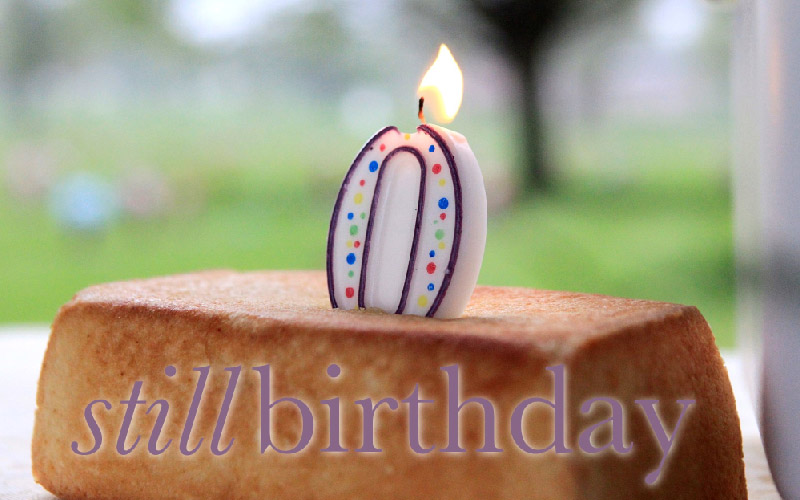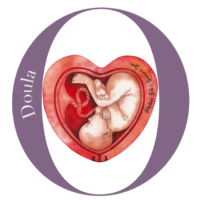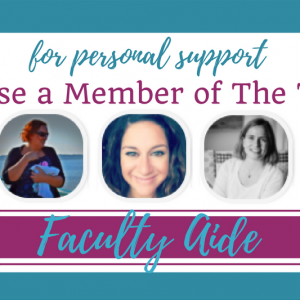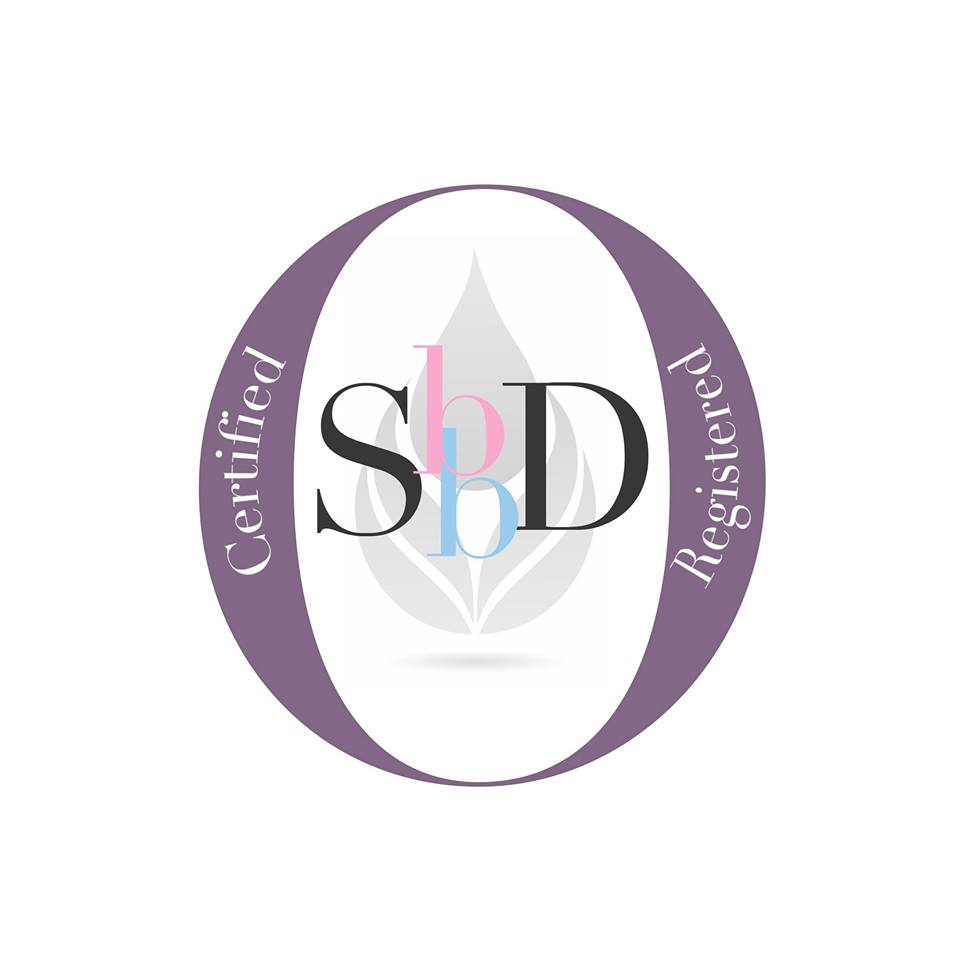***SBD Doula Registration***
-An excited mother meets with her prenatal provider to have her mid-pregnancy ultrasound and determine the gender of her baby. She leaves, totally devastated, as she learns her baby has a condition that isn’t compatible with life outside of the womb.
-A mother experiences heavy bleeding accompanied by heavy cramping. She’s only known she’s been pregnant for a couple of weeks; she hasn’t even seen her provider yet.
-A mother goes into unstoppable labor halfway through her pregnancy.
-A mother labors at 39 weeks, after a totally uneventful pregnancy, anticipating the birth of her live baby, when something tragic suddenly happens in the course of her labor.
What do each of these mothers have in common?
Many things. They are all mothers. They all anticipated giving birth to live children, and their dreams came to a shattering, abrupt, crushing halt.
And, through stillbirthday, they each can utilize a doula.
What is a doula?
Doula is a Greek word, which dates back to biblical usage. According to the New Testament usage, it meant someone who was willing to provide service to someone in need, so that the person in need would learn about Jesus’ sacrifical love.
The Birth Doula/Labor Coach
Since its usage in scripture, doula has come to have something of a different meaning. Beginning in 1973 with the publication of “The Tender Gift” by Dana Raphael on the study of breastfeeding support in the Philippines, the term “doula” became associated with experienced women who come alongside new mothers while they are pregnant and during the actual childbirth process, to provide love, encouragement, information and support, in addition to continual breastfeeding support. These women are para professionals, and do not replace medical support (and are not to be confused with midwives), but come alongside the mother on her pregnancy, birth and early postpartum journey.
Aging/Seriously Ill/End of Life/Bereavement Support
In 1998, Dr. Sherwin Nuland, professor of surgery at Yale University School of Medicine and author of How We Die: Reflections on Life’s Final Chapter, spoke at a conference hosted by the Shira Ruskay Foundation in New York of the Yiddish and Hebrew word for funeral, levaya, which means “to accompany.”
One midwife (not to be confused with doula) speaks of her role through a Jewish “Taharah”, which is a burial preparation that literally means “to purify”:
“The act of helping a woman and her baby through their many transitions seemed analogous to helping the soul transition from this plane of existence to the next.
I performed my first Taharah, and it was more than I expected – more silence, more depth, more sensitivity. The concern of being with and touching a dead body left as soon as I entered the room. The midwife in me took over. The four members of our team worked quietly, with tenderness. And the energy, amazingly, felt the same as at a birth — a feeling of completion, a palpable sense of the soul transitioning and a humble appreciation of the privilege of being there.” (source)
Inspired by Dr. Nuland, Phyllis Farley, chairman of the board of the Maternity Center Association in Manhattan, launched the Doula to Accompany and Comfort Program at the Jewish Board of Family and Children’s Services in New York.
In 2001, this Board, with the support of the New York University Medical Center’s Department of Social Services, began a doula program with this focus: rather than on providing comfort to mothers as they welcome in new life, this program provided comfort to those with serious illness, facing the end of life journey. (source)
Benefits of Bereavement Support
“Doulas provide stability in that they are a constant presence for the patient,” said Rev. Marci Pounders, chaplain for the Supportive and Palliative Care Service and coordinator of Baylor Dallas’ program. “Each [doula] is assigned to one patient at a time so that they may concentrate on that person’s needs. They seek to relieve suffering and improve patients’ and families’ quality of life. Often just listening provides the ultimate form of stability.” (source)
It is the goal of Rev. Pounders and the Baylor Office of Clinical Ethics and Palliative Care to expand their Doula to Accompany and Comfort Program program to all Baylor Health Care System affiliates. (source)
Hogan’s Grief Response Checklist and the qualitative data tracked positive outcomes for both the peer supporters and the clients participating in the Peer Support Program of the Canadian Mental Health Association Suicide Services in Calgary, Alberta. (source)
Comfort Zone Camp, through HelloGrief, notes the following benefits of peer grief support (groups) (source):
- Emotional and physical support in a safe and non-judgmental environment.
- Support and understanding from others who have experienced a similar loss.
- The opportunity to begin the healing process through sharing your own story and hearing the stories of others.
- Coping skills to help you through the most difficult days of your grief journey.
- Hope through companionship with people who “get it” and understand first-hand what you’re going through.
- The opportunity to discover new traditions and ideas to keep loved ones present in your hearts and in your memories.
- Increased understanding of how children and other family members react to loss.
- Permission to grieve and permission to live a happy productive life.
The Journal of Obstetric, Gynecologic and Neonatal Nursing and Marianne H. Hutti, DNS, WHNP-C recognize the social needs of couples and families after perinatal loss, as well as the positive response in these families to social support, and encourage social support in addition to any medical care the bereaved family may need.
The Mayo Clinic notes that peer bereavement support can provide an emotional connection, relieve feelings of isolation, provide the bereaved with an opportunity to release powerful emotions they may otherwise keep to themselves, peer support can allow for the exchange of useful information ranging from disease research and new medications, to coping strategies even within the first year; additionally, it is noted that health care providers say that it can improve a participant’s mood and decrease psychological distress. (source)
Results from Eric G Hulsey’s Doctoral Dissertation, archived at the Institutional Repository at the University of Pittsburgh, of a study on childhood bereavement and peer support suggested that peer support programs can improve children’s coping efficacy while helping to improve their caregivers’ perception of social support. (source)
Dr. Phyllis R. Silverman, researcher and teacher. Dr. Silverman’s research in understanding how the bereaved help each other led to her development of the peer-to-peer model for grief support.
[youtube http://www.youtube.com/watch?v=EbLtWxRYgoA]
Numerous additional research articles concluding the benefits of peer bereavement support are available.
Benefits of Birth Doula Support
Doulas supplement (not replace) medical support to provide the following:
- reduces overall Cesarean birth rate 50%
- reduces the length of labor 25%
- reduces Pitocin use 40%
- reduces the need for forceps delivery 40%
- reduces requests for epidural pain relief 60% (source)
These statistics were derived from live births outcomes. There are no current statistics on doula support for known fetal demise, but it can be concluded that doula support for such birth outcomes would reflect these statistics, although the degree of reflection is unclear. It is most certain that doula support for known fetal demise outcomes would not contradict these reported outcomes, including no harmful effects of such support.
One medical review of obstetric and postpartum benefits of doulas concludes:
“A thorough reorganization of current birth practices is in order to ensure that every woman has access to continuous emotional and physical support [doulas] during labor.” (source)
Stillbirthday recognizes this to include mothers enduring pregnancy loss, giving birth to miscarried or stillborn babies.
The Cochrane Review of doulas and their benefits, along with a helpful explantion of their study, is available.
The American Academy of Pediatrics published a review pointing to continuous labor support not only lowering unnecessary interventions during labor, but increasing parental bonding with the infant – with the distinction between parental bonding and infant attachment, suggesting the newborn need not attach for the parent to bond. This would apply then, to babies born still, with no demonstrable attachmentment. This bonding can help facilitate healthy grieving. (source)
“Those of us trying to understand and be helpful to the bereaved are much more comfortable now with the idea that we always carry many relationships within us. A person does not always have to be present for us to feel connected. When the absence is the result of a death it is necessary to change the nature of the relationship rather than letting it go.” -Dr. Phyllis R. Silverman (source)
Stillbirthday Birth & Bereavement Doulas
Trained Companions
Combining the benefits of bereavement support with the benefits of birth support, stillbirthday seeks to provide every mother and family experiencing pregnancy loss with compassionate and comprehensive emotional as well as practical support:
-SBD doulas can fill in the space between learning of a difficult diagnosis and the birth of the baby, supplementing perinatal hospice and medical support.
-SBD doulas can provide labor support prior to and during a miscarriage.
-SBD doulas can attend births at any gestational age.
-SBD doulas can provide postpartum support for mothers who’ve experienced pregnancy or infant loss.
-SBD doulas can provide services and support for subsequent pregnancies and births.
In the week before official publication, stillbirthday has already enlisted the support of 200 doulas from every US state and around the world – and we are continuing to grow!
If you’d like to increase your knowledge of birth & bereavement doula support and earn the SBD credential, register to join our comprehensive training, which includes:
- prenatal education, planning and support for parents
- physical aspects of childbirth (stages of labor, process of birth)
- differences and similarities in aspects of childbirth by trimester
- navigating birthing options
- techniques for providing comfort during labor
- techniques for naturally aiding in progress of labor
- emotional aspects of childbirth which doesn’t result in live birth
- guidance for home, provider office, hospital, and NICU settings
- physical postpartum care / recovery for the mother after birth
- emotional support for parents immediately after birth
- navigating the overwhelming time from the birth to the farewell (including things like hospital paperwork, medical examinations, funeral preparations)
- providing support for subsequent / ”rainbow” pregnancies
- establishing yourself as a professional in your community / using stillbirthday resources and other resources












